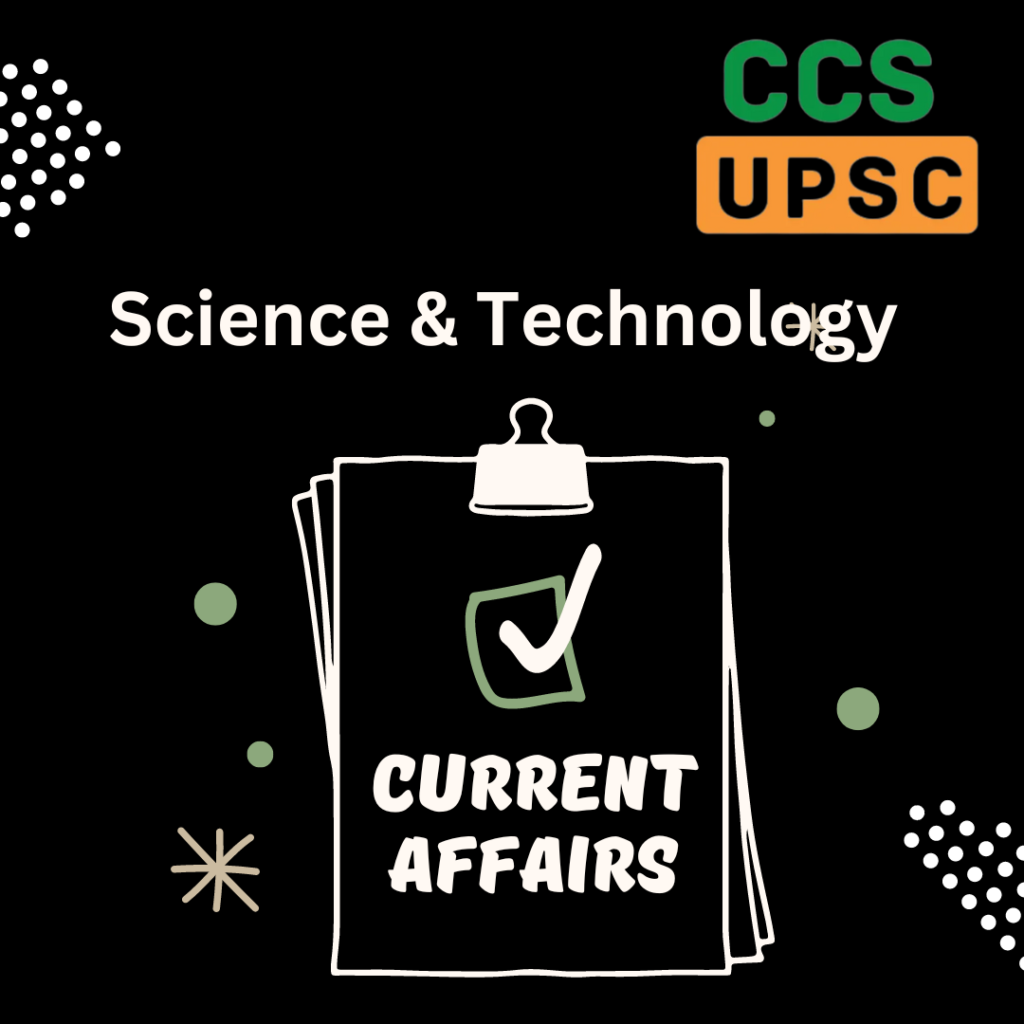Context
North Korea has tested a new solid-fuel intercontinental ballistic missile (ICBM).
What is Solid-Fuel Technology?
∙ Solid fuel missiles are rockets that use a prepackaged propellant mixture of fuel and oxidiser, as opposed to liquid-fueled missiles which require separate tanks for fuel and oxidizer.
∙ Metallic powders such as aluminum often serve as the fuel, and ammonium perchlorate, which is the salt of perchloric acid and ammonia, is the most common oxidiser.
∙ The fuel and oxidiser are bound together by a hard rubbery material and packed into a metal casing.
∙ When solid propellant burns, oxygen from the ammonium perchlorate combines with aluminum to generate enormous amounts of energy and temperatures, creating thrust and lifting the missile from the launch pad.
Advantages of solid fuel
∙ Faster deployment: Solid fuel missiles require minimal preparation time, as fueling is not necessary. This allows for quicker launches, making them harder to pre-empt or target.
∙ Increased survivability: Solid fuel is more stable and less susceptible to damage compared to liquid fuels, making the missiles more resistant to pre-emptive strikes.
∙ Easier storage and maintenance: Solid fuel has a longer shelf life and requires less maintenance compared to liquid fuels, simplifying storage and reducing logistical burdens.
∙ The missiles can fly at unpredictable trajectories and change direction in flight, making them harder to track and intercept. They can also carry multiple warheads or decoys to confuse the enemy’s radars and sensors.
Why is North Korea developing them?
∙ Deterrence against potential threats: North Korea is developing solid-fuel missiles to enhance its military capabilities and deterrence against potential threats from the United States and its allies.
∙ Greater accuracy: Solid-fuel missiles can increase the range and payload of North Korea’s missiles, as well as improve the accuracy and survivability of its missiles.
∙ Quick response: Solid-fuel missiles enable North Korea to launch surprise attacks or respond quickly in a crisis, as they can be fired more rapidly and with less warning than liquid-fuel missiles.







